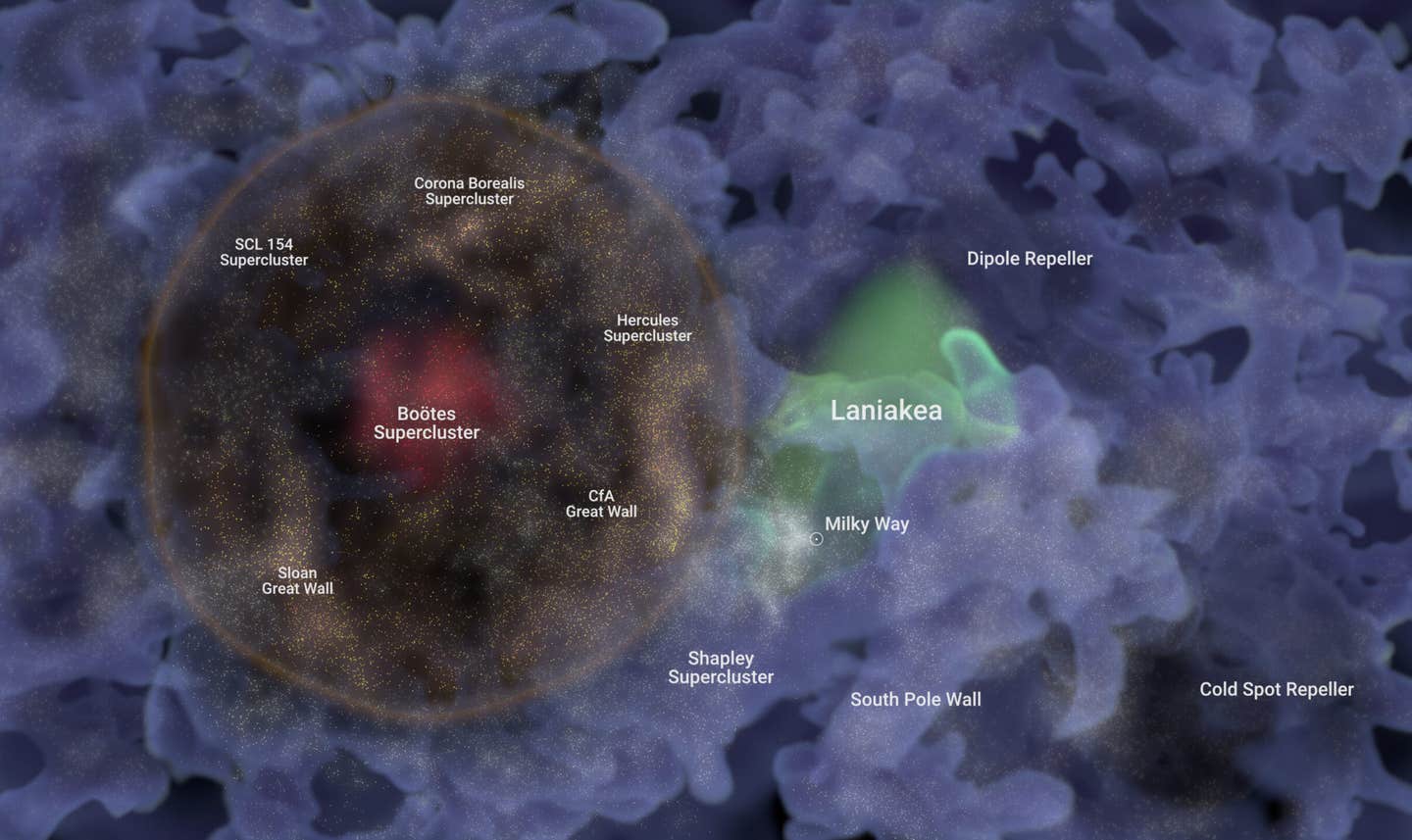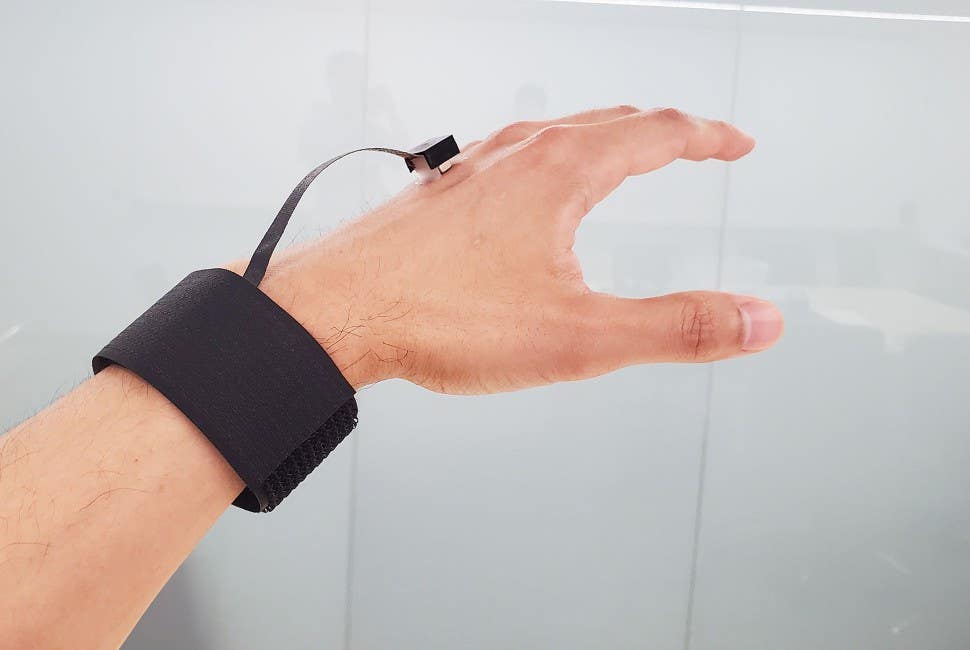Groundbreaking discovery made in biological aging
A groundbreaking new test developed by a European research team promises to revolutionize how aging is understood and measured.

[Oct. 13, 2023: Staff Writer, The Brighter Side of News]
Repurposing drugs capable of extending lifespan and health span has a huge untapped potential in translational geroscience. (CREDIT: Creative Commons)
A groundbreaking discovery has been made in the realm of biological aging. A new test developed by a European research team promises to revolutionize how aging is understood and measured in a clinical environment. With chronic kidney disease patients as the study group, this breakthrough has far-reaching implications for healthcare.
The team of researchers has unveiled an "epigenetic clock", a state-of-the-art biochemical assessment that delves into the intricacies of DNA. The objective? To ascertain how efficiently a body is aging biologically compared to its chronological age. Notably, it is the first epigenetic clock to demonstrate consistent accuracy in a clinical context, whether in healthy or unhealthy tissue.
This paramount work emerged from a collaboration between two esteemed institutions: the University of Glasgow and the Karolinska Institutet in Stockholm. Their findings are documented in the Journal of Internal Medicine, elaborating on the effects of chronic kidney disease and the repercussions of its associated treatments on aging.
The research encompassed over 400 patients in Sweden diagnosed with chronic kidney disease. Alongside them were roughly 100 matched population controls.
Related Stories:
This expansive study aimed to delve deep into the aging consequences of chronic kidney disease, extending to facets such as dialysis treatment and post-kidney transplant scenarios.
Multiple testing methods, including blood biomarkers, skin autofluorescence, and epigenetic clocks, were utilized by the researchers. Among their endeavors was measuring the shift in biological age of about 47 patients either a year post-kidney transplantation or a year after the initiation of dialysis. Simultaneously, they observed the biological age progression in 48 healthy controls.
The data painted a clear picture: patients grappling with chronic kidney disease experience an accelerated ticking of their biological clock. Astonishingly, this rapid pace doesn’t abate even after undergoing dialysis treatment. The only instance where the biological clocks indicated a deceleration was after the patients underwent a kidney transplant.
Estimated phenotypic age versus chronological age in population-based control subjects (HS, healthy subjects), n = 78 (blue); chronic kidney disease (CKD) G3-4 patients, n = 64 (pink); and CKD G5 patients, n = 191 (orange). (CREDIT: Journal of Internal Medicine)
Yet, a challenge arose. While the various epigenetic clocks rendered a consistent narrative, none met the mark of accuracy in a clinical milieu. Each clock, when pitted against healthy tissue over a span of time, exhibited varying degrees of inaccuracies.
To bridge this gap, the research team took a leap forward. They pioneered a novel epigenetic clock, aptly named the Glasgow-Karolinska Clock, designed to function with precision on both healthy and unhealthy tissue.
All-cause mortality in the phenotypic age (PA) cohort (N = 333), stratified by tertile of PA acceleration (delta age), adjusted for gender, chronic kidney disease (CKD) stage and diabetes mellitus (DM). (CREDIT: Journal of Internal Medicine)
The outcomes generated from this new clock resonated with clinical observations in patients with chronic kidney disease and showcased a credible assessment of healthy tissue as well. This pioneering work stands as the inaugural real-world evaluation of epigenetic clocks juxtaposed against ordinary aging settings and clinical benchmarks.
Understanding Epigenetic Changes
Aging is accompanied by myriad factors culminating in epigenetic modifications. One significant change is the reduction of a chemical tag, DNA methylation, from our DNA. Such changes frequently correlate with diseases synonymous with aging, encompassing conditions like chronic kidney disease, cancer, and heart disease.
Estimated biological age (by skin autofluorescence [SAF]) versus chronological age in the SAF cohort, n = 199: kidney transplant recipients (KTX), n = 87; incident dialysis chronic kidney disease (CKD 5), n = 62; prevalent PD, n = 50. (CREDIT: Journal of Internal Medicine)
Epigenetic clocks, due to their ability to measure methylation tags on DNA, have been heralded as the gold standard for age assessment, providing insights beyond mere biological age.
Professor Paul Shiels, the lead author of the study from the University of Glasgow, elucidated on the study's significance. He stated, “This study is the first time in a clinical setting that we can accurately report on the extent of biological as opposed to chronological ageing in chronic kidney disease patients. Our findings, using the new Glasgow-Karolinska Clock – show that not only are these patients aging faster than people in the general population, their accelerated aging only slows down once they have had a transplant. Treatment with dialysis does not appear to impact this process."
Peter Stenvinkel. (CREDIT: Ulf Sirborn)
Professor Shiels further highlighted the innovative aspect of the study, emphasizing the discovery that most epigenetic clocks falter when juxtaposed with medical data. This realization was instrumental in the creation of a more advanced test. He added, "Methylation tagging of DNA is impacted by what we eat and also our gut microbiome. As a result, this new clock has real potential to be able to evaluate lifestyle interventions, including diet, that could benefit the public and help to address issues such as health inequalities.”
Peter Stenvinkel, Professor at Karolinska Institutet, shared his perspective: “I found the new tool to estimate effects of interventions on biological age of much interest. The tool could be used to study treatment strategies in patients with end-stage kidney disease - a group subjected to premature aging.”
The unveiling of the Glasgow-Karolinska Clock is not just a testament to technological advancements but also symbolizes hope for patients worldwide. With its ability to provide an accurate gauge of biological aging, medical professionals and patients alike can make more informed decisions about treatment and interventions, potentially reshaping the future of healthcare.
Note: Materials provided above by The Brighter Side of News. Content may be edited for style and length.
Like these kind of feel good stories? Get the Brighter Side of News' newsletter.
Joseph Shavit
Head Science News Writer | Communicating Innovation & Discovery
Based in Los Angeles, Joseph Shavit is an accomplished science journalist, head science news writer and co-founder at The Brighter Side of News, where he translates cutting-edge discoveries into compelling stories for a broad audience. With a strong background spanning science, business, product management, media leadership, and entrepreneurship, Joseph brings a unique perspective to science communication. His expertise allows him to uncover the intersection of technological advancements and market potential, shedding light on how groundbreaking research evolves into transformative products and industries.



